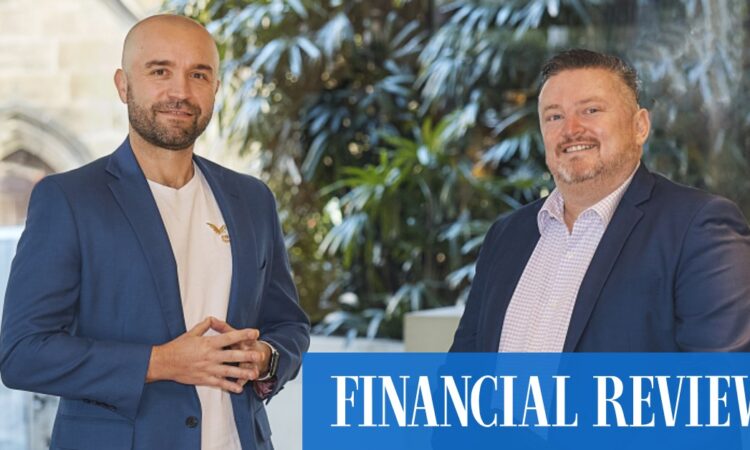PayPal is shifting Australian dollar onto cryptocurrency exchanges through deal with Independent Reserve

The view comes as major banks have been growing cautious on crypto since the FTX collapse, including introducing tougher limits to slow down the movement of dollars onto digital exchanges, citing growing levels of cryptocurrency scams.
PayPal has conducted extensive due diligence on Independent Reserve’s systems and processes for storing client funds and crypto custody. This involves using segregated accounts with Australian dollar balances deposited in an APRA-regulated Australian bank. Independent Reserve’s custodial services could soon require a special financial services licence under reforms being drawn up by federal Treasury.
“We have been operating in an environment where the banking industry has been a bit hesitant to work with cryptocurrency exchanges,” said Independent Reserve CEO, Adrian Przelozny. “So it is encouraging to see big company standing against the grain of what we are seeing with the rest of the banking industry by making it easier for their customers to invest into crypto.”
PayPal has an internal division known as the “Blockchain, Crypto, and Digital Currencies” (BCDC) group and allows its users in the United States and Britain to hold crypto inside the PayPal wallet, a feature it has not yet launched in Australia.
Mr Cowan said processing payments for digital currency exchanges will provide convenience and to drive better digital experiences. Digital currencies would be “a key part of the future of payments and digital commerce,” he said. “We are interested in the segment and have had conversations with a range of exchanges.”
Currently, funds are loaded up onto Independent Reserve through two fintechs, Zai (formerly Assembly Payments) and Monoova, using Cuscal’s payments rails. However, the latter has been increasing scrutiny on the fintechs to ensure the exchanges have correct controls in place.
PayPal in March entered an enforceable undertaking with AUSTRAC to ensure its compliance with anti-money laundering and counter-terrorism financing (AML/CTF) laws. Both PayPal and Independent Reserve are subject to AML and KYC responsibilities.
“We take [AML compliance] incredibly seriously,” Mr Cowan said. It will also work to educate customers about the risks of scams, and conduct risk analysis on specific transactions. “Safety and security are core parts of PayPal’s value proposition, and we treat addressing scams and educating customers as a top priority.”
Because payments into Independent Reserve will be used with bank-issued credit card, or cards linked to PayPal, banks and credit cards networks will provide additional transaction screening before authorising transactions based on their own rules.
Independent Reserve operates “if we had an AFSL”, Mr Przelozny said, referring to an Australian Financial Services Licence – which cryptocurrency exchanges are not required to hold. It is investing in scam reduction, including establishing teams of people to ring up customers if transactions look suspicious.
While cryptocurrencies have been on the nose this year, Mr Przelozny said market volumes and prices will probably recover once interest rates start to fall, and following the upcoming bitcoin “halving event”, in April next year. This will reduce the number of bitcoin awarded for the “mining” that secures the decentralised network; past halving events have been supportive of the bitcoin price.
“We have seen a 10 per cent increase [in volumes] month-on-month since the first quarter this year, and I am expecting a mild increase through the rest of this year, until we get the halving,” he said.



